OUR BLOG
JOVAN MARINOVIC
SERBIAN DIPLOMATS
Jovan Marinovic was a Serbian politician and diplomat, the Prime Minister of the Principality of Serbia, and as the best connoisseur of the French language and diplomatic forms and style. This, very gentlemanly politician, was also Prince Mihailo’s permanent adviser on foreign policy. From 1873 to 1874, he implemented several significant reforms to the Serbian political system.
Jovan Marinovic was born in 1821 in Sarajevo, which was then in the Bosnian Pashaluk. He came to Serbia with his uncle, who was fleeing Bosnia. He was educated in Kragujevac and entered the Duke’s office at the age of sixteen. As a state cadet, he studied in Paris, but after only one year he decided to return to Serbia after the overthrow of Prince Mihailo Obrenovic and the election of Aleksandar Karadjordjevic as a prince in 1842. His contemporaries said that Marinovic was sophisticated, lordly and a man who believed in European culture and reforms as a way of enlightening Serbian society.
DIPLOMACY
Shortly after returning to Serbia from Paris, he became the secretary of the government, and then the head of the Duke’s office from 1843 to 1856. Although he returned to Paris in 1847 to complete his education, in practice he became the unofficial Serbian ambassador to France during the July Monarchy.
In that period, the Serbian army gradually turned more and more to the developed Western European armies, in which flintlock rifles were replaced by rifles, which instead of flintlock had a more reliable cartridge. It was recorded that it was through Jovan Marinovic that the Ministry of Internal Affairs bought 5,500 new rifles in Belgium in 1848 for 10 silver forints each.
Although he officially held other positions (he was the secretary of the State Council until 1850), Marinovic, as Ilija Garasanin’s assistant, controlled the entire network of Serbian political propaganda in the Ottoman Empire, although Russia demanded the removal of Garasanin and Marinovic because they were oriented towards France, and the Polish agents of Adam Czartorijski in Paris and Belgrade.
As head of the Duke’s office, he advised neutrality during the Crimean War, and was the Minister of Finance from 1856 to 1857, passing the first state budget law.
In the following years, Marinovic de facto became the main figure in the foreign policy of the Principality of Serbia.
He became one of the most notable civil servants and Prince Mihailo’s permanent adviser on foreign policy. Accompanied by the prince, he traveled to Constantinople, but without great political ambitions. And yet, despite his passive attitude, after Garasanin’s retirement, he became the leader of the Conservatives, and from that period, a rich Serbian cultural heritage remains, which best testifies to the events on the political scene, embodied in the form of letters that Ilija Garašanin sent to Jovan Marinovic.
In one of the letters from 1861, it is stated that the leaders of the liberals are “the worst people who have ever appeared in Serbia”.
Garasanin’s short note on the constitutional issue also appears in the files. Turkey gives with one hand but steals with the other. “Serbia will not be able to have good legislation until it eliminates that influence,” Garasanin wrote.
REFORMS AND THE FIRST DEFEATED SERBIAN GOVERNMENT
Marinovic was Prime Minister and Minister of Foreign Affairs from November 5, 1873, to December 7, 1874, in the liberal-conservative government. As he was not inclined to lead a narrow-party government, he chose two liberals, Cedomilj Mijatovic and Acim Cumic.
Marinovic’s government presented a set of reform laws, among which were the law on the encouragement of industrial enterprises and the law on six days of plowing the land (a day was the old measure for an area of 5760 square meters), as a minimum of privately owned land that was protected from sale or takeover due to debts.
With this, Serbian peasants who were small landowners and at that time often lost their property due to green farming could own land that would always be in their possession.
His government introduced a law that abolished beatings, reformed the prison system, and the secondary and high school system, and introduced the silver Serbian dinar.
However, after losing the majority among the liberal MPs in Parliament in 1874, Marinovic’s cabinet became the first Serbian government to be overthrown in the National Assembly and to call for new elections.
After the defeat in the parliamentary elections, he resigned, but a few years later he was appointed as the Serbian representative in Paris, where he stayed from 1879 to 1889.
PRIVATE LIFE
Marinovic was married to Persida Anastasijevic, one of the five daughters of the rich merchant Misa Anastasijevic. Their marriage was seen as a continuation of Misa Anastasijevic’s practice of marrying off his daughters to important decision-makers in the Principality of Serbia, thereby securing personal wealth and expanding political influence.
His marriage to Persida brought him into the close circle of Ilija Garasanin, a leading Serbian politician in the mid-19th century. The two became not only political allies but also close friends.
Jovan Marinovic and Persida had three children, two sons, and a daughter, and their grandson Petar was an aviator of the French Air Force who left significant trace in flying activities in the First World War.
He was a regular member of the Society of Serbian Literature in Belgrade and founded an endowment at the Serbian Royal Academy for awards in the field of literature. The famous David Mackenzie, the author of many biographies of champions of Serbian history, wrote about him in his book “Jovan Marinovic, a European gentleman and Serbian diplomat”.
Jovan Marinovic died on July 30, 1893 in Villers-sur-Mer, France.
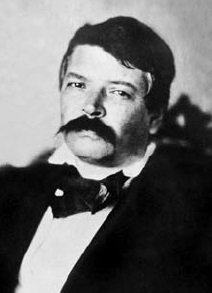
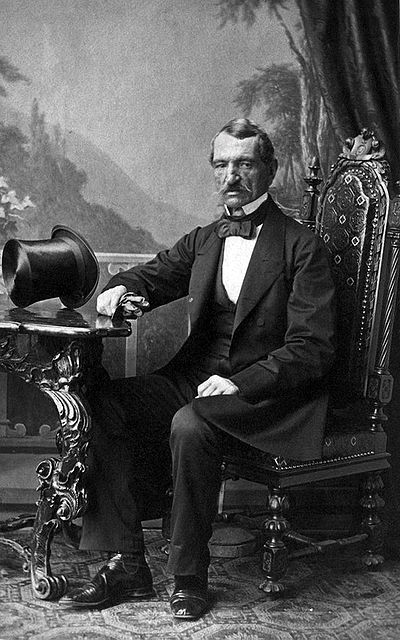
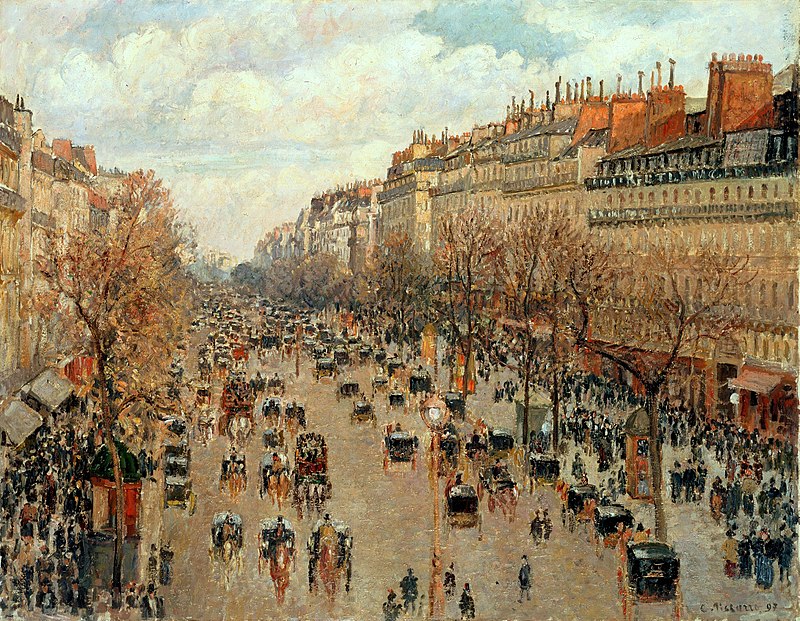
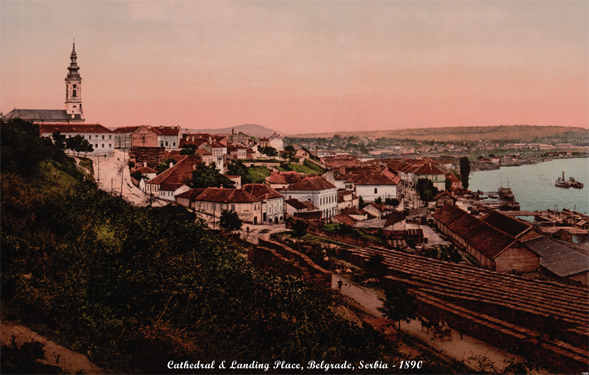
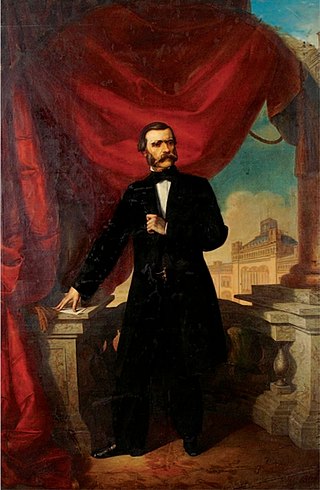







 2018
2018